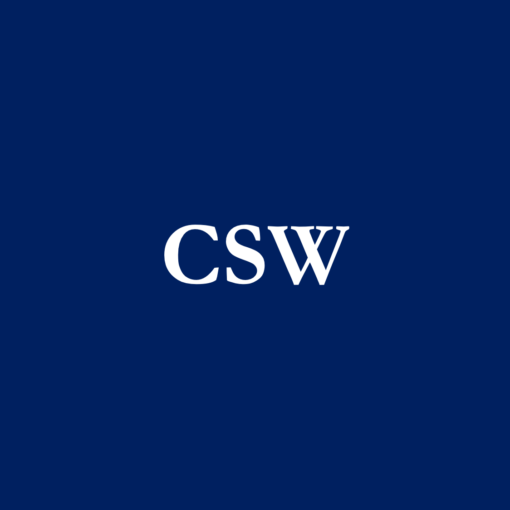Nominations are being accepted for the 2021 Hillebrand Prize Award. The deadline to submit a nomination is November 15, 2022.
Nominations are invited for the 2021 Hillebrand Prize, awarded annually for original contributions to the science of chemistry by a member or members of the Chemical Society of Washington (CSW), the local section of the American Chemical Society. The Hillebrand Prize is the most prestigious honor given each year by CSW and is recognized nationally as a mark of significant accomplishment in chemistry. The Hillebrand Prize originated in 1924 and is named for Dr. William F. Hillebrand (1853- 1925), an internationally-recognized pioneer in analytical chemistry and one of Washington’s most distinguished early chemists.
The prize carries an honorarium of $2000. Many previous Hillebrand Prize recipients have won numerous other national and international awards, including three who have received the Nobel Prize. See the list of award winners
The nominating package should contain the following:
Nominating Letter – limited to 1000 words
The letter should focus on the chemical accomplishments of the nominee, rather than the bio of the nominee, from a broad standpoint, leaving the finer points to those submitting seconding letters. Biographic details (degrees, positions held, major activities etc) will be given in the nominee’s CV. The letter should begin with the major theme(s) in the nominee’s research career with perhaps a summary of how these evolved over the years to create breakthroughs or push the field in a new or very productive direction.
Describing the nominee’s major contribution(s) is extremely important and should be the bulk of the letter.
There is no preference or restriction for the specific area of contribution so long as it represents a significant accomplishment in chemistry. Anything is fair game; synthetic or analytical, experimental or theoretical, bio- or inorganic, etc. This section might detail such things as: the major techniques used in their research and how these were applied to a specific area to bring about significant results not previously achievable; if their research resulted in the development of a new experimental/instrumental technique or use of an existing technique in an innovative new way; how techniques the nominee developed became standard in that area; the impact the nominee’s work had on influencing other areas of research; development of new reagents, catalysts or reaction conditions; development of a new computational method or theoretical approach; etc. The nominator should provide evidence in support of these statements. This could include information about: the number of citations, impact factors of certain articles (or aggregate numbers), especially influential articles/book chapters, important invited talks, previous awards by other societies, patents, funding, important leadership positions, etc. Mentioning an extremely productive collaboration is possible so long as the role/contributions of the nominee are clear. The award is not given for mentoring students (as a specific criteria) but nominators often mention if this has occurred, especially if these students have gone on to significant posts on their own.
Two Seconding Letters – limited to 500 words each
It is helpful if these be from established experts in the nominee’s field, and best if they are from experts at institutions other than the nominee’s unless a notable expert in the nominee’s area is also from the nominee’s institution.
Curriculum Vitae – the candidate must be a member of CSW
The CV should strongly emphasize individual academic backgrounds, appointments, publications, presentations, and patents.
List of Publications
This is critical in determining the specific scientific contribution of the nominee or team.
Proposed Citation – limited to 25 words
This is a brief statement that should be understood by chemists in almost any area. It should avoid highly specialized language but still give the reader the area of accomplishment and why this is a significant accomplishment in chemistry. In some ways it is a one or two sentence abstract of the first paragraph of the nominating letter. Since this is only 25 words, you may simply want to provide 1 or 2 examples of previous awardees.
We strongly recommend that the nominator collect all materials and forward in one email, preferably as PDF files(s), to csw@acs.org. Nominations will be active for three years.
If you would like to verify the eligibility of an individual as a nominee or nominator, please contact the CSW Administrator at csw@acs.org. All materials must be received by November 15, 2022. The awardee will be announced before the end of the year, and the Prize will be presented at the CSW dinner meeting in March 2023, or on a date mutually agreeable.
If you have any questions about the award or the procedure for nominating someone for the award, please contact our office – csw@acs.org.




